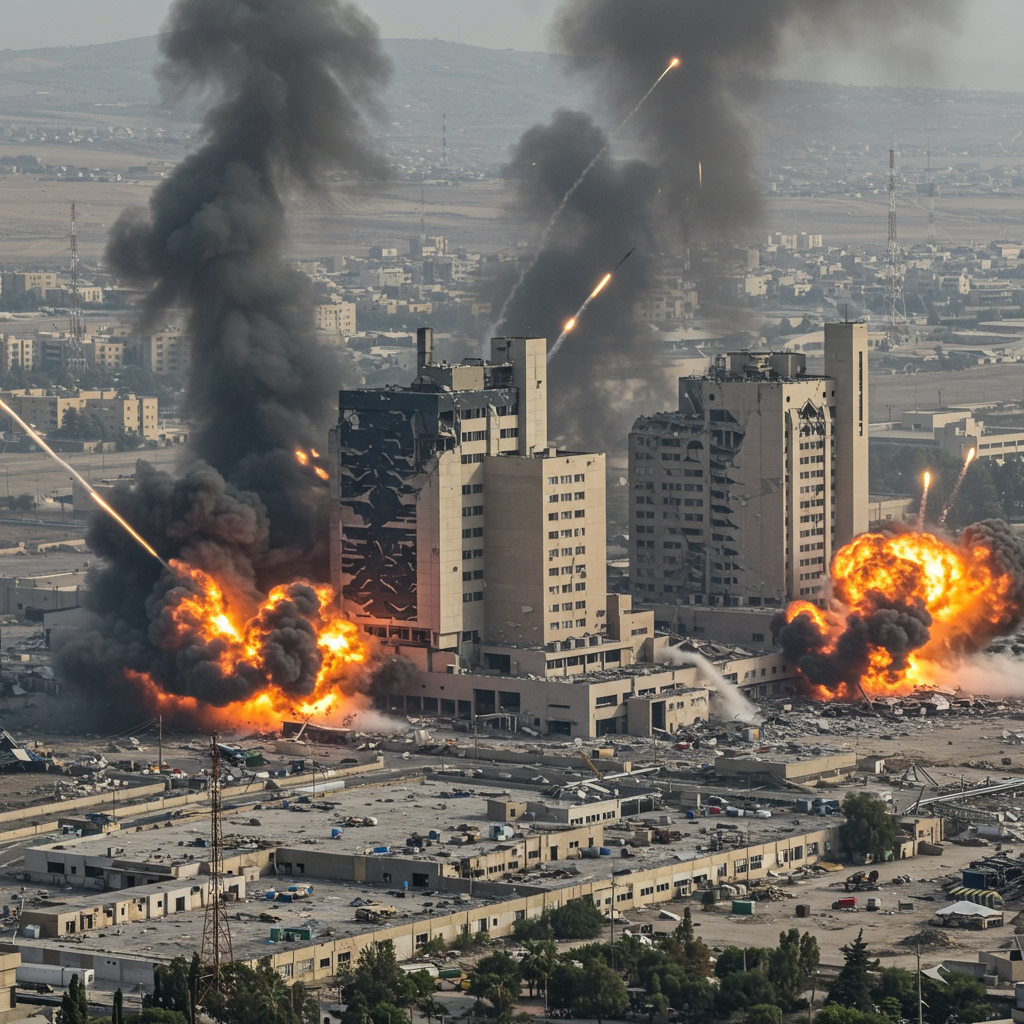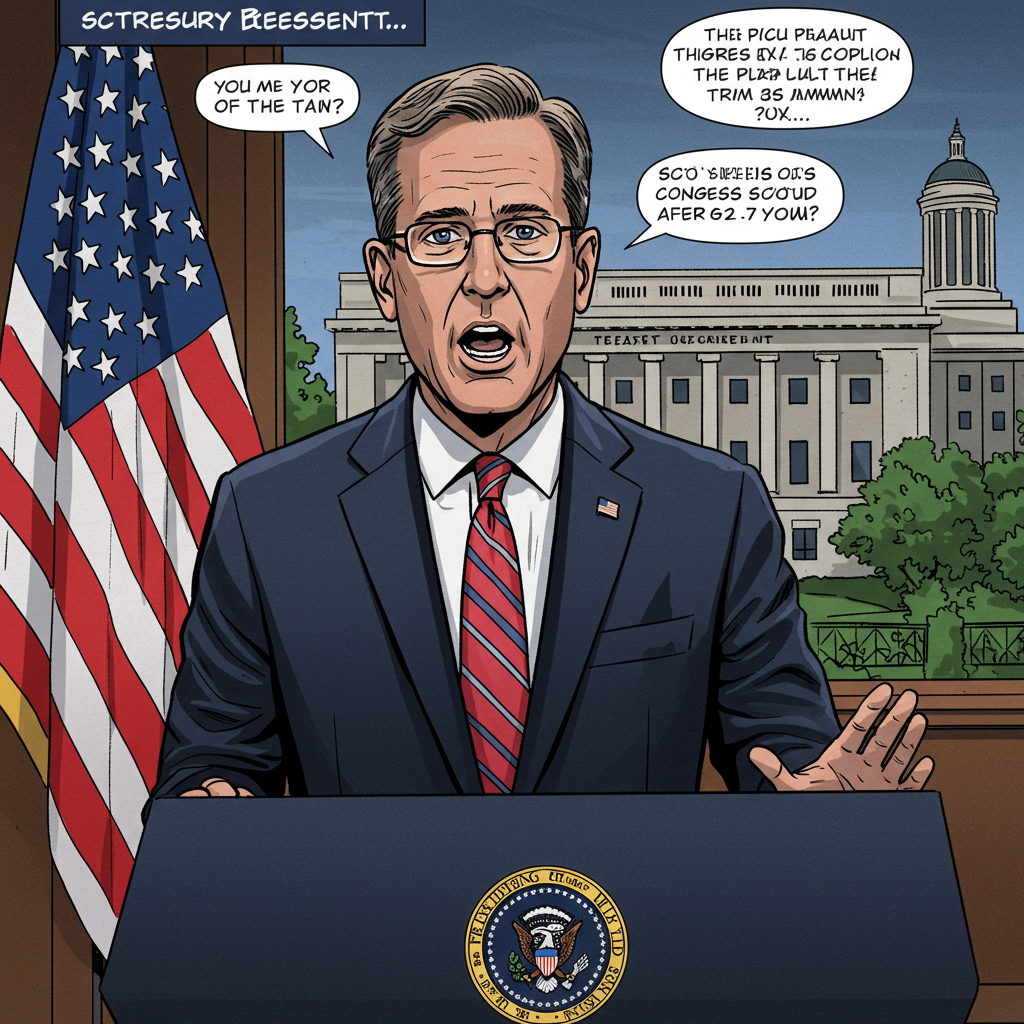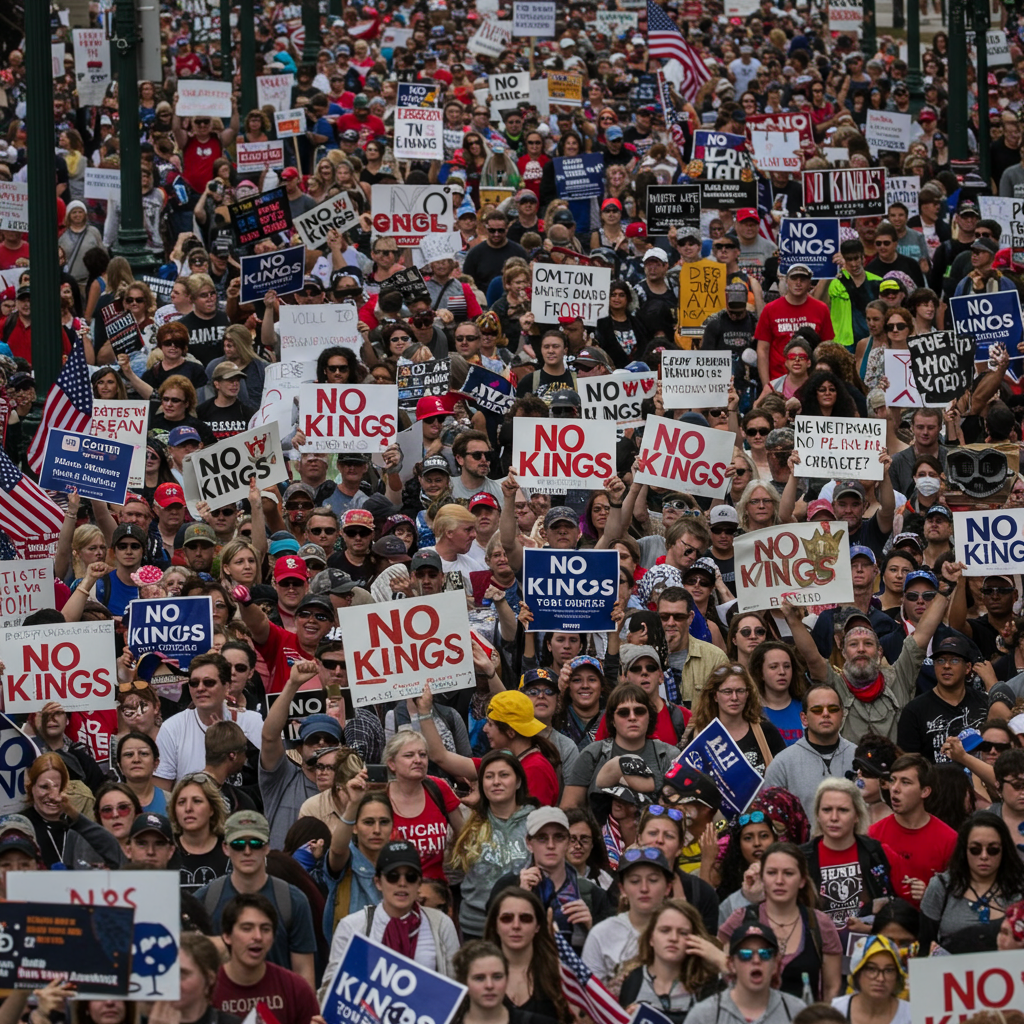The Middle East faces rapidly escalating tensions following direct military actions by the United States and Israel targeting Iranian nuclear facilities and strategic sites in Tehran. These strikes have been met with retaliation from Iran, creating a volatile situation marked by conflicting claims regarding a potential ceasefire and widespread international concern.
US and Israeli Strikes Hit Iranian Nuclear Program
The escalation saw a significant turning point with the United States directly entering the conflict on June 21st/22nd, 2025, launching coordinated strikes alongside Israel. The US military specifically targeted three key Iranian nuclear sites: Fordow, Natanz, and Isfahan.
The attack on the Fordow enrichment facility, a site heavily fortified and built deep underground, notably involved the first combat use of B-2 Spirit stealth bombers delivering GBU-57 Massive Ordnance Penetrator “bunker buster” bombs. US officials described dropping a “full payload” on Fordow and also reported submarines launching Tomahawk missiles as part of the operation.
Following these strikes, US President Donald Trump claimed the nuclear sites were “completely and totally obliterated” and that the actions had “devastated the Iranian nuclear program.” Israel also described the US strikes as a “crucial step” and coordinated with the IDF, stating Iran’s nuclear program was “substantially” reduced.
However, Iran disputed the extent of the damage, with an official claiming Fordow was not seriously harmed and denying radiation increases at the sites. The head of the UN nuclear watchdog, the IAEA’s Rafael Grossi, offered a more cautious assessment, anticipating “very significant damage” at Fordow due to the explosives used but stating the full extent remained unclear. Concerns about security prompted a preliminary vote in Iran’s parliament to suspend cooperation with the IAEA if facilities’ security isn’t guaranteed.
Concurrently, Israel’s military conducted what it described as its “most extensive” attack on Tehran to date, hitting security command centers and military targets across the city, including reportedly striking near Evin prison.
Iran’s Retaliation and Conflicting Ceasefire Claims
In response to the US and Israeli actions, Iran launched its own strikes on June 23rd, 2025. These included missile attacks on the Al Udeid air base in Qatar, which houses US troops, and ballistic missiles reportedly fired towards Israel. Iran’s Revolutionary Guard Corps labeled the attack on Al Udeid “Operation Herald of Victory,” stating it was a direct response to the US strikes on its nuclear facilities.
Iran claimed it provided advance warning to both the US and Qatar before the Al Udeid strike, asserting the base was chosen outside populated areas and posed no threat to Qatar, which Iran considers a “friendly and brotherly country.” Qatar confirmed intercepting most of the 19 incoming missiles, reporting no casualties but condemning the attack as a violation of its sovereignty and linking the escalation to Israel’s “irresponsible practices.”
Amidst this exchange, confusion arose over a potential ceasefire. On June 24th, 2025, President Trump publicly announced a “Complete and Total CEASEFIRE” between Israel and Iran, claiming it would end the “12-Day War” and be completed within 24 hours, potentially mediated by Qatar.
However, Iran’s Foreign Minister Seyed Abbas Araghchi explicitly and immediately denied any ceasefire “agreement” with Israel. He stated Iran’s military operations were initiated only in response to Israel’s “illegal aggression” and noted Iran had “no intention to continue our response afterwards,” provided the Israeli regime stopped its aggression by a specified time. The Israel Defence Forces also indicated operations were ongoing, stating there was “no change in the guidelines for the public” and issuing evacuation warnings for specific areas in Tehran ahead of planned strikes.
International Reactions and Regional Impacts
The rapid escalation has drawn widespread international condemnation and calls for de-escalation through diplomacy. French Minister for Europe and Foreign Affairs, Jean-Noël Barrot, speaking at a Foreign Affairs Council meeting in Brussels, called for an end to strikes on Iran, expressing “deep concern” that the conflict could be “devastating in the Middle East and have very serious consequences for global stability,” including for Europe. Barrot also condemned Iran’s nuclear program as an existential risk and the detention of French citizens, while stressing the need for negotiations and rejecting suggestions of “regime change” provoked by force.
The UN Secretary-General warned against a “spiral of chaos” and a “perilous turn,” emphasizing diplomacy as the only path. Russia and China strongly condemned the US strikes on Iran, while other nations like the UK and Germany urged restraint from all sides. Regional countries, including Saudi Arabia, the UAE, and Iraq, expressed concern and condemned Iran’s attack on Qatar, calling for dialogue. Iran’s parliament’s non-binding vote on closing the vital Strait of Hormuz shipping channel also raised fears of significant economic disruption.
The volatility has impacted global markets, with oil prices fluctuating sharply, and caused extensive disruption to air travel across the region, with airlines canceling flights and several countries preparing for potential evacuations of their citizens. The situation remains highly uncertain, with the risk of further retaliation and expansion of the conflict weighing heavily on the region and the international community.




